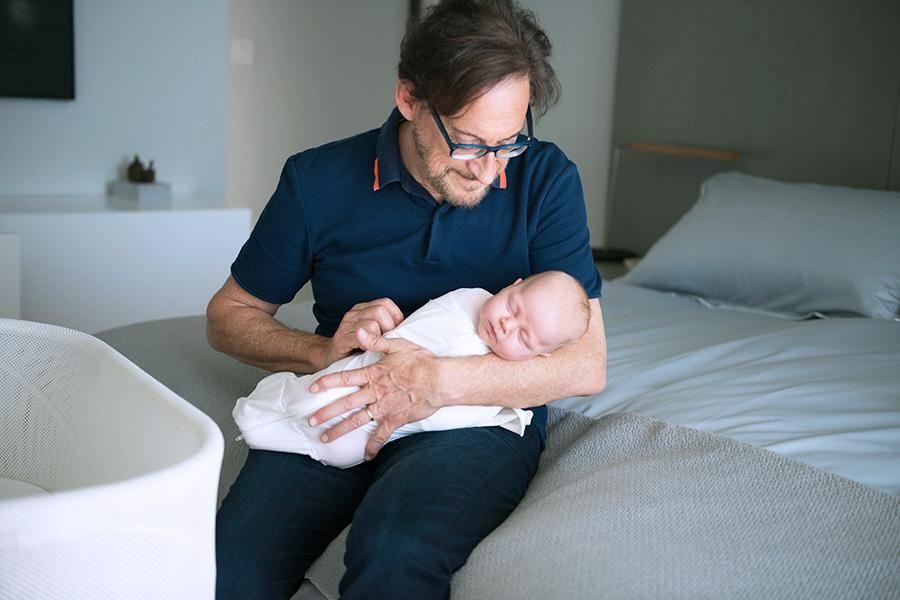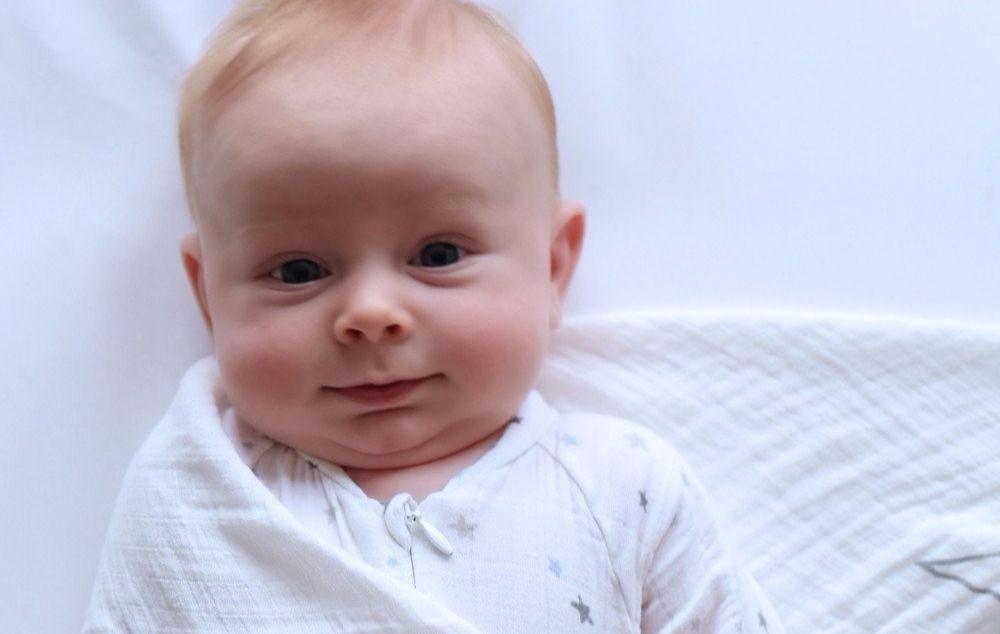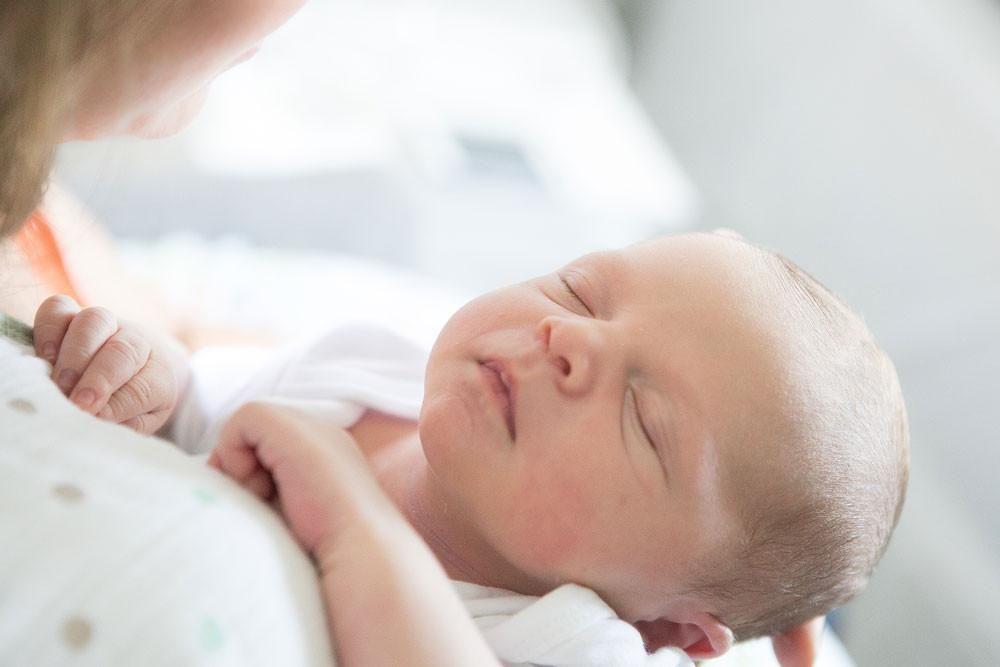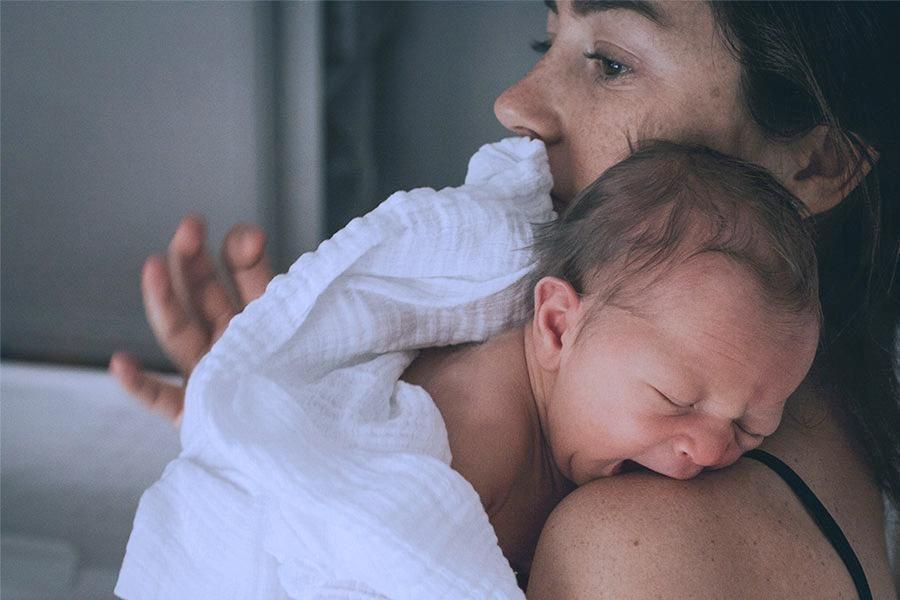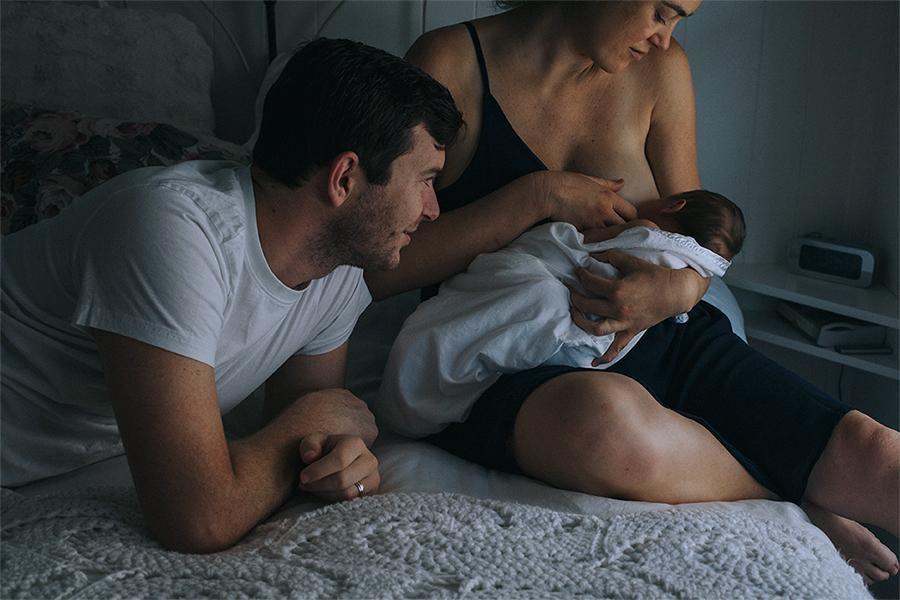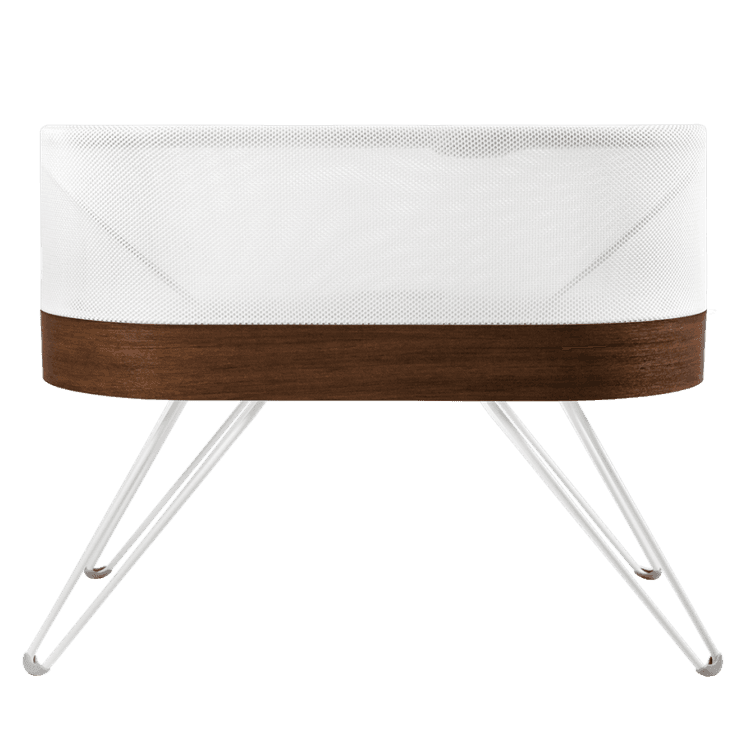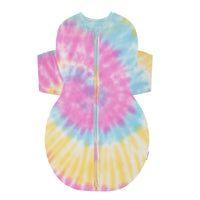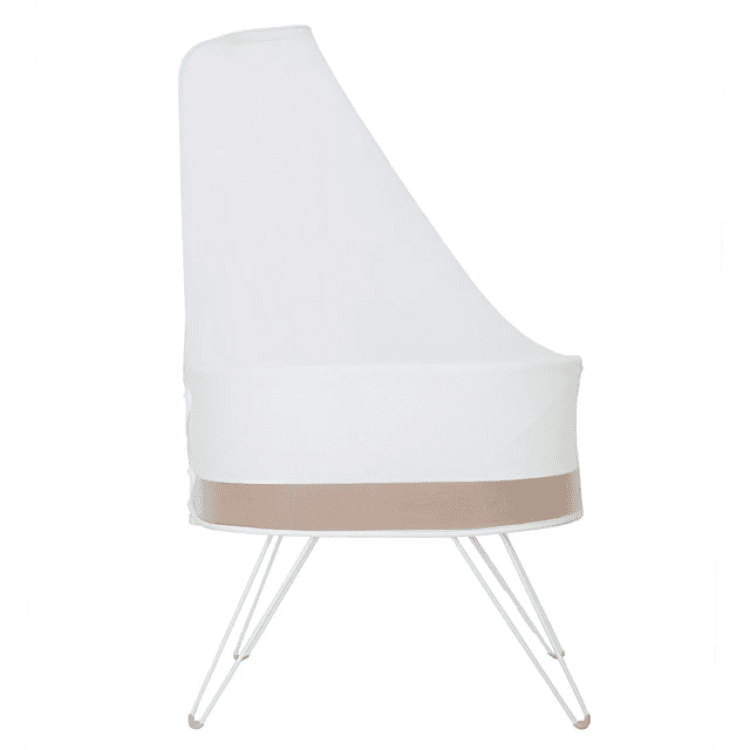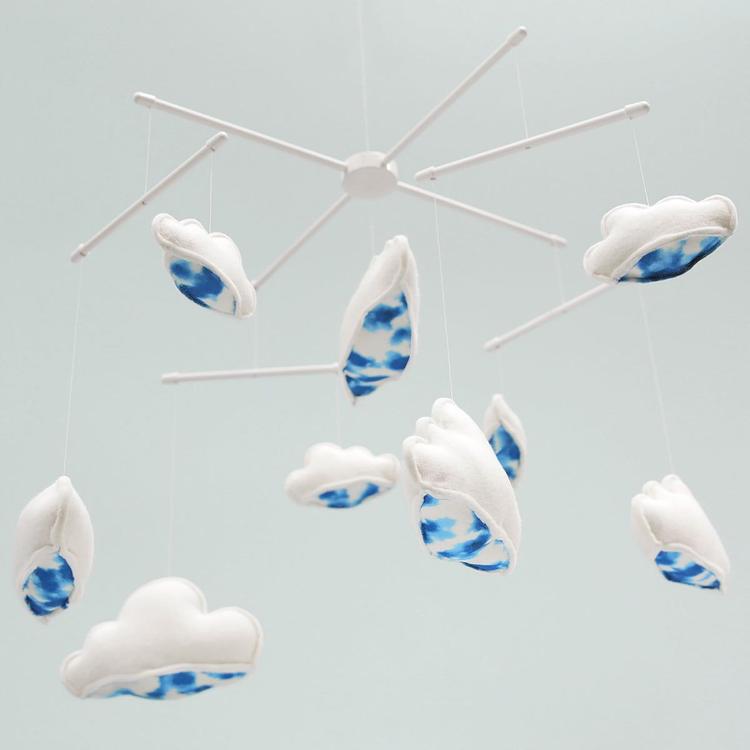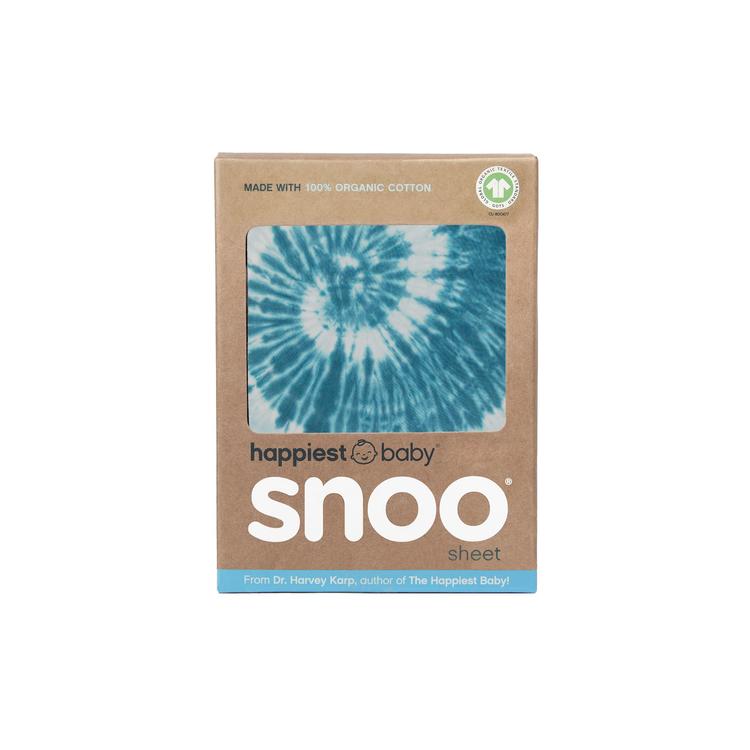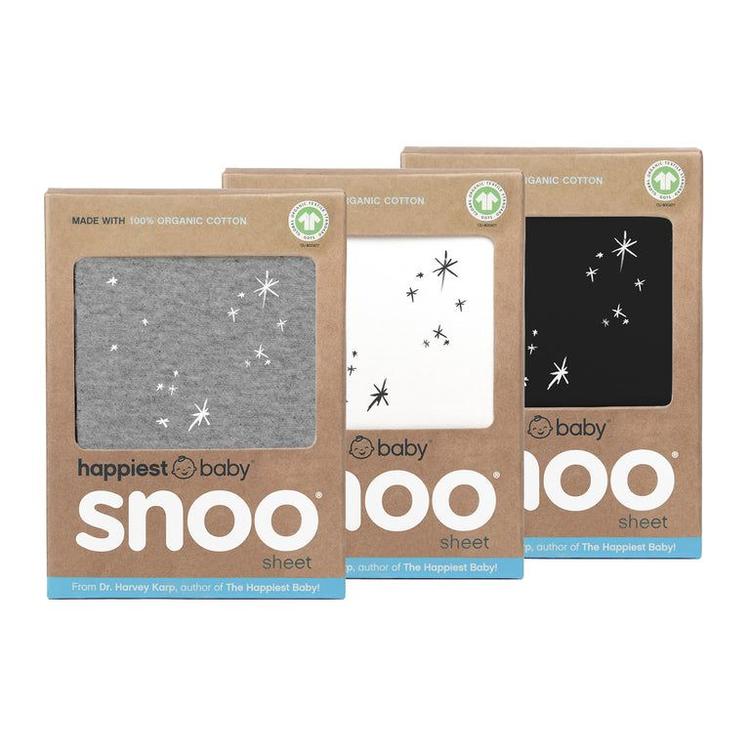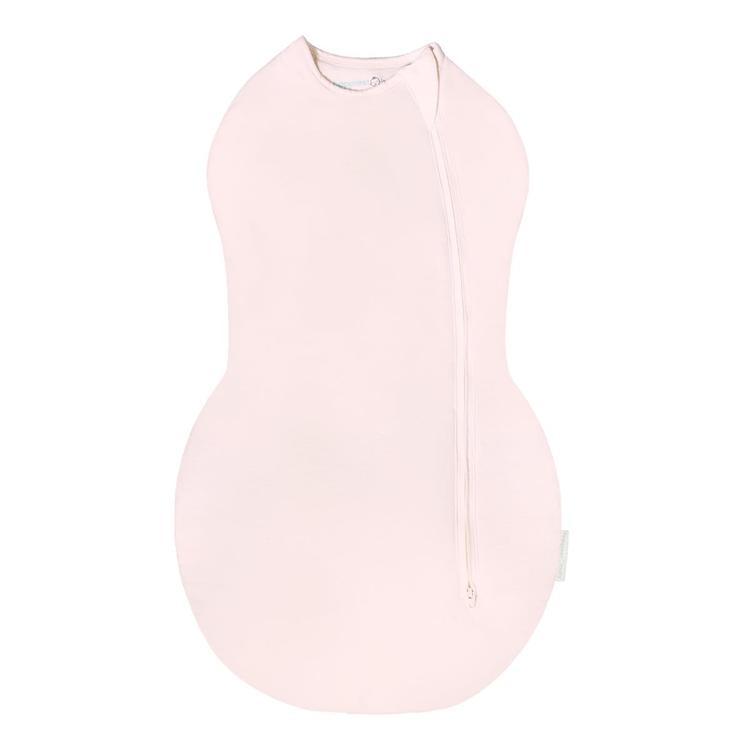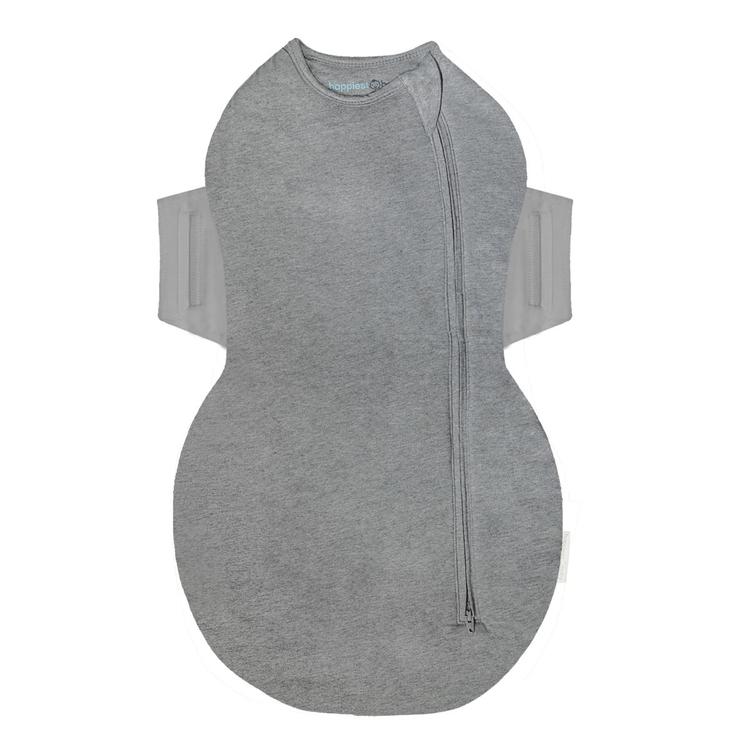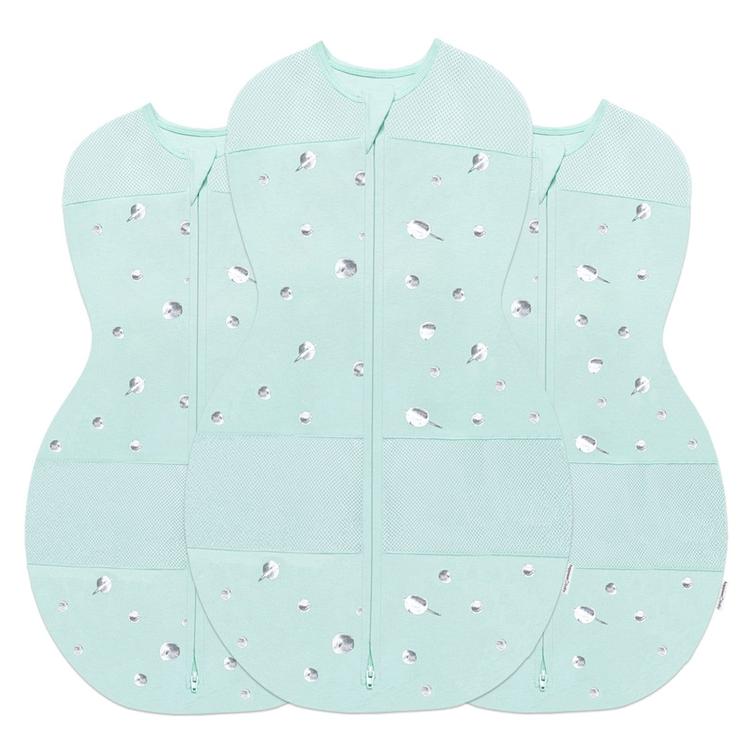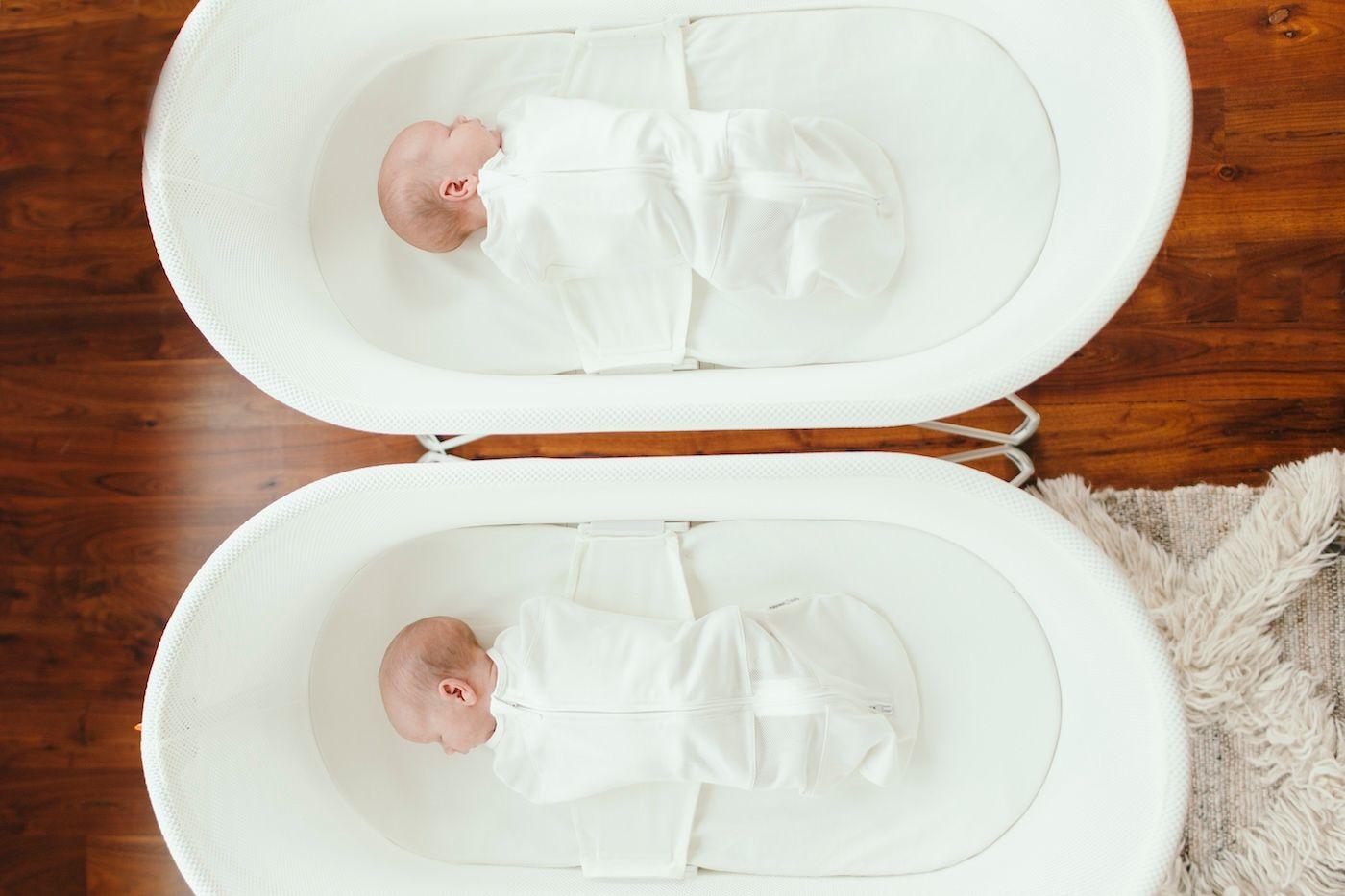PREGNANCY
36 Weeks Pregnant: Hormones Gone Wild!
You're probably starting to notice your body changing in lots of different ways...because it's preparing for labor!

Written by
Dr. Harvey Karp
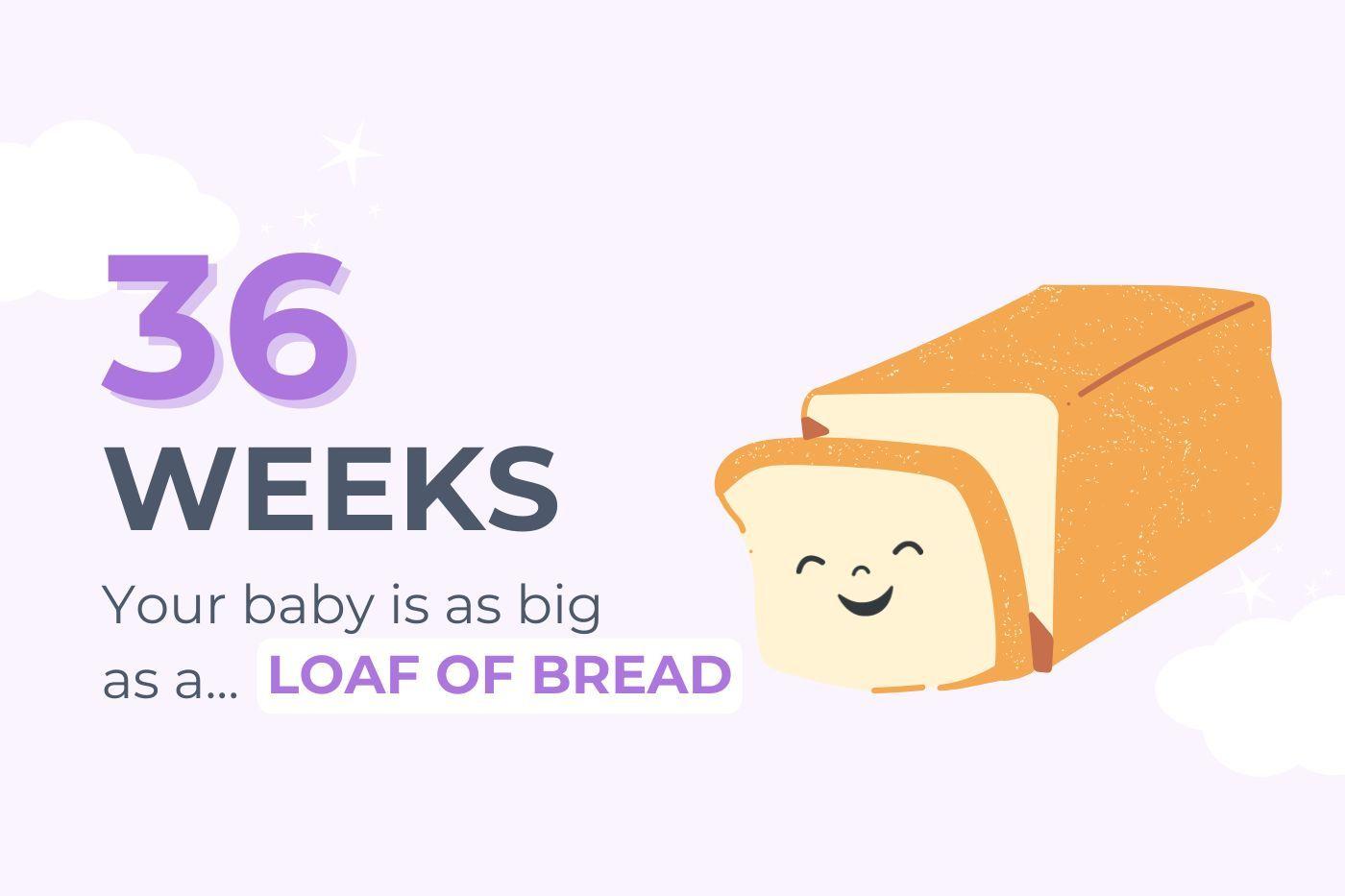
Your Baby at 36 Weeks
Your active little kick-boxer is now around 2.7 kilograms (about 6 pounds), and you’re probably feeling every ounce of that weight in your pelvis. The soft layer of lanugo hair that once covered your baby’s body is shedding, and they’re also losing some of their vernix (though don’t be surprised if your newborn still arrives with plenty of it on their skin).
Your baby’s brain growth is now racing ahead—it’s about a quarter of the size of an adult’s and will triple in weight during the first year! Their lungs are ready to breathe air, though their digestive system still needs time to mature. Don’t worry—colostrum (the thick, yellowish first milk your breasts produce) is the perfect food for this stage. Colostrum literally coats your baby’s intestines with illness-fighting antibodies and is so packed with protective white blood cells and nutrients that it’s often called liquid gold.
Colostrum also has a gentle laxative effect, helping your baby pass their first bowel movements—called meconium—a sticky, tar-like substance that’s been building up for months. (Robin Williams once joked that meconium was like a cross between Velcro and toxic waste!)
How Many Months Is 36 Weeks?
At 36 weeks pregnant, you’re about 9 months along.
Is 36 Weeks Pregnant Full Term?
Not quite. Full term is considered 39 to 41 weeks. Babies born between 36 and 38 weeks are classed as early term.
36 Weeks Pregnant: What to Expect
As your due date nears, you may be on high alert for signs of labour. Of course, contractions, waters breaking, and cervical changes are the “big” signs—but there are also less obvious ones. For example, some people experience a sudden bout of diarrhoea in the days before labour. It’s your body’s way of “clearing out” before birth—not glamorous, but practical!
Signs of Labour at 36 Weeks
The start of labour is still something of a mystery, but hormones are definitely in charge. Your baby actually plays a role by releasing CRH (corticotropin-releasing hormone), which signals the placenta to produce more oestrogen and cortisol. These hormones cue your uterus to release oxytocin, the key hormone that kicks off contractions. Prostaglandins also soften the cervix, preparing it to thin and open.
Some people describe early labour pain as period-like cramps or a dull ache in the lower back (a hot water bottle can help). This early stage may be slow to build or progress quickly. If fast labours run in your family—or you’ve had speedy births before—give your midwife or doctor a heads up!
36 Weeks Pregnant Symptoms
At 36 weeks, you may notice:
- Changes in your baby’s movement
- Heartburn or indigestion
- Bloating and wind
- Constipation
- Needing to wee more often
- Vaginal discharge streaked with blood (the “bloody show”)
- Itchy bump
- Swollen feet and ankles
- Insomnia
- A strong “nesting” urge
36 Weeks Pregnant To-Do List
- Start perineal massage: If you’re planning a vaginal birth, gentle perineal stretching from 36 weeks may help. Use clean hands, short nails, and a little oil (such as olive, coconut, or a product designed for this purpose). Your partner can assist if you’re comfortable. Check with your midwife before starting.
- Set visitor boundaries: Once baby arrives, everyone will want to meet them. Decide with your partner what feels right—whether that’s limiting visitors for a couple of weeks or welcoming certain family straight away. Make choices based on your needs, not guilt.
- Create a safe sleep space: UK and Australian safe sleep guidelines recommend your baby sleeps in your room, in their own separate cot or crib, on their back, for at least the first six months. (Happiest Baby’s SNOO Smart Sleeper keeps babies safely on their backs for every nap and night.)
- Babyproof the basics: Now’s a good time to check smoke alarms, keep a fire extinguisher handy, and stock up on emergency supplies (for storms, bushfires, floods, or power cuts).
- Sort out your breast pump: Some private health funds in Australia and the NHS in the UK don’t routinely cover breast pumps, but it’s worth checking your policy or asking your midwife about options.
Pregnancy Lingo Lesson
- Vernix: The creamy, waxy coating that protects your baby’s skin in the womb.
- Lanugo: Fine hair that covers your baby’s body and usually sheds in the third trimester.
- Effacement: The process of your cervix softening, thinning, and shortening in preparation for birth.
Pregnancy Quote of the Week
“Fathering is not something perfect men do, but something that perfects the man.” — Frank Pittman
Disclaimer: The information on our site is NOT medical advice for any specific person or condition. It is only meant as general information. If you have any medical questions and concerns about your child or yourself, please contact your health provider. Breastmilk is the best source of nutrition for babies. It is important that, in preparation for and during breastfeeding, mothers eat a healthy, balanced diet. Combined breast- and bottle-feeding in the first weeks of life may reduce the supply of a mother's breastmilk and reversing the decision not to breastfeed is difficult. If you do decide to use infant formula, you should follow instructions carefully.
SHARE THIS ARTICLE
PARENT PICKS
Bestsellers
